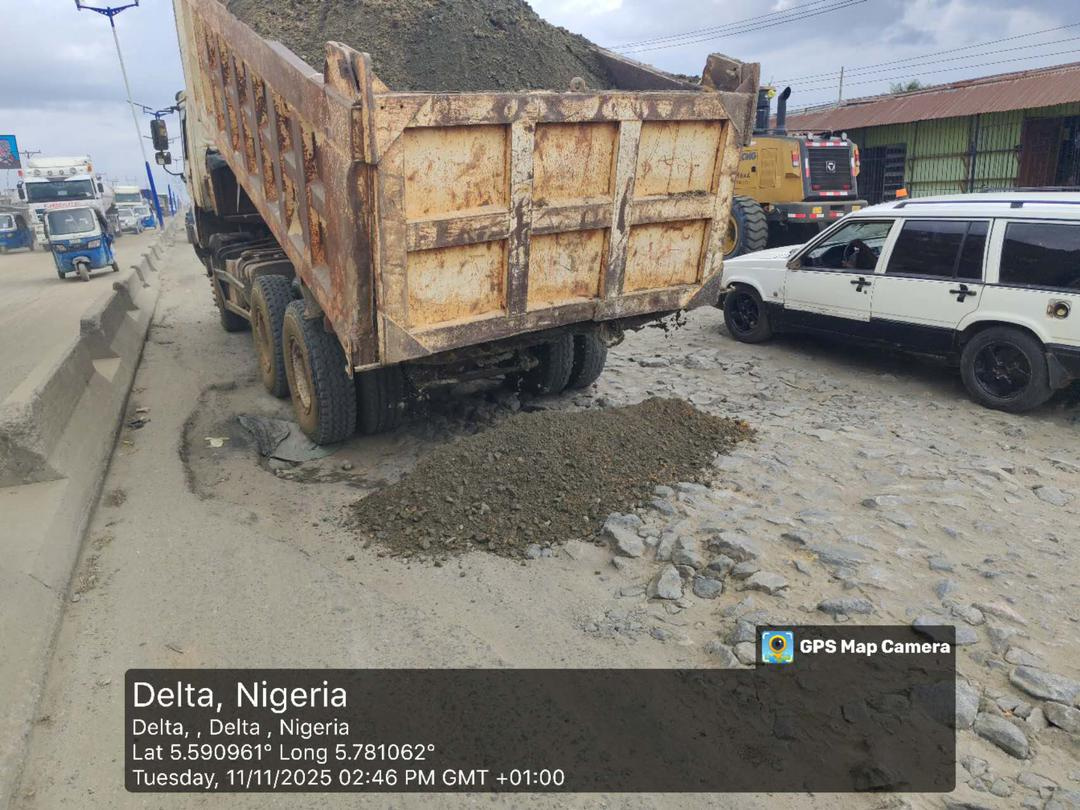Regulatory enforcement in Nigeria took a prominent turn recently as the National Agency for Food and Drug Administration and Control (NAFDAC) undertook decisive action in the Federal Capital Territory (FCT), sealing two Chinese-owned supermarkets and temporarily closing additional outlets in response to concerns over unregistered and potentially harmful products. This operation shines a spotlight on public health safeguards and consumer protection in the capital city and raises broader issues affecting food and drug safety across West Africa.
Inside the NAFDAC Operation in Abuja: What Happened?
According to NAFDAC officials, the sealed supermarkets—situated within the bustling Jabi district—were found to be selling a range of goods not approved for sale in Nigeria. These products, predominantly food items, were reportedly labelled exclusively in Chinese with no English translations, in direct violation of the country’s labelling regulations. By law, all imported consumables must carry easily readable English labels to ensure safety and transparency for Nigerian consumers.
“The agency received complaints from vigilant consumers regarding suspicious products in certain supermarkets and market stalls,” explained Embugushiki-Musa Godiya, the head of NAFDAC Investigation and Enforcement for the Abuja region. “During our enforcement round, we discovered products without proper approval and initiated immediate action to prevent their distribution.”
RAID ON MARKETS: Suppressing Unapproved Sexual Enhancement and Cosmetics Products
The operation did not stop at the supermarkets. Simultaneously, NAFDAC officers raided eight additional shops in the popular Wuse market, a focal trade hub in Abuja, placing them under administrative hold. These shops were allegedly engaged in the sale of aphrodisiac sex pills, and cosmetic products touted for body enhancement—such as breast- and buttock-enlargement creams. According to Musa Godiya, many of these substances reportedly contain undisclosed and dangerous chemicals, raising acute concerns for public health.
Locally known as “kayanmata” and various imported unapproved formulations, these products are often popularized by self-proclaimed “doctors” and “pharmacists” who dispense advice to unsuspecting customers. “We observed that sellers had set up makeshift markets, even within banking premises, and were offering unregulated product recommendations,” he said.
The Scope of the Seizure: Millions in Merchandise Confiscated
NAFDAC estimated the total market value of confiscated goods at approximately N170 million. Many of these products have questionable origins, and officials noted that the sellers were unable to present any evidence of NAFDAC registration or approval—a key precondition for any drug or consumable item sold in Nigeria. In at least one warehouse, inspectors faced such a glut of offending stock that a full evacuation was not immediately possible; as a result, the entire warehouse was put under lock and hold, pending further investigation.
“NAFDAC has not evaluated, assessed or certified the quality and safety of these products,” Musa Godiya emphasized. “Until such time as due process is observed, we cannot guarantee their safety for the Nigerian public.”
How Local Law and Policy Work in These Cases
Nigerian law requires all food, beverage, and drug products—whether locally manufactured or imported—to undergo a rigorous registration process with NAFDAC before they are introduced to the market. This includes comprehensive checks for safety, content disclosure, accurate labeling, and potential side effects. The labeling regulation, specifically, demands that any foreign language on packaging must be accompanied by a clear and legible English translation.
Violators can face substantial fines, closure of business premises, confiscation of products, and further criminal prosecution. Such measures, according to consumer safety advocates, are designed not just to punish violators but also to deter future breaches and encourage compliance within Nigeria’s rapidly growing retail sector.
Public and Expert Reactions: Balancing Consumer Freedom and Safety
The enforcement operation has sparked varied reactions among local residents, traders, and health experts in Abuja and beyond. “NAFDAC is only doing its job, but greater public awareness is needed to help Nigerians differentiate genuine products from fakes,” said Dr. Adewale Abiola, a public health specialist based in Lagos. “Consumers should be empowered to ask the right questions and look out for official certification labels.”
Traders in Wuse market expressed mixed feelings. Some applauded the clampdown as necessary for public safety, while others voiced concerns about fair treatment and loss of livelihood, especially if only a minority of traders are found in violation. Baba Ekene, a market stall owner, lamented: “While I understand the need for standards, most of us want to do right by our customers. I hope enforcement is transparent and non-discriminatory.”
Comparative Insights: West African and Global Perspectives
Nigeria is not alone in facing these challenges. Across West Africa, rapid growth in cross-border trade and e-commerce has multiplied the variety of products—both legal and illegal—entering local markets. Ghana, for instance, has similarly struggled with unregistered cosmetics and pseudo-medical products, prompting periodic joint enforcement sweeps by the Food and Drugs Authority (FDA).
Globally, regulatory lapses in imported goods have led to recalls and consumer advisories from agencies such as the United States Food and Drug Administration (US FDA) and the European Food Safety Authority. These incidents often highlight the critical importance of cross-border regulatory cooperation and timely intelligence-sharing between agencies.
Challenges and the Road Ahead: Enforcement, Consumer Education, and Reform
Observers note that while enforcement is crucial, it is only one piece of the puzzle. Many market stalls and small retailers, especially in bustling urban centers, cite limited access to capital and import channels as drivers for resorting to gray-market products. Additionally, counterfeit and substandard items continue to appear in formal supply chains, challenging both regulators and industry leaders.
NAFDAC officials encourage the public to remain vigilant and report suspicious food and drug products via official channels. The agency also calls for broader consumer education—via media campaigns, school outreach, and market seminars—on how to identify safe products.
“Consumer safety is non-negotiable,” concluded Musa Godiya. “We urge everyone—business owners and shoppers alike—to partner with us in safeguarding public health. We cannot do this alone.”
Moving Forward: How Can You Help?
As West Africa’s markets grow more complex, the need for effective regulation, transparent trade practices, and informed consumers becomes ever more urgent. For many Nigerians and Ghanaians who rely on local markets for affordable goods, ensuring that what they buy is safe and approved remains a collective responsibility. Will stricter enforcement and better education be enough to stem the flow of illegal products—or is a broader policy rethink required?
What’s your view on NAFDAC’s crackdown and the wider implications for food and drug safety in your community? Are regulations being fairly enforced, or should there be new approaches? Drop your thoughts in the comments section and join the conversation—it matters for the health and safety of all Nigerians, Ghanaians, and West Africans.
For general support, reach out at support@nowahalazone.com.
Stay engaged! Follow us on Facebook, X (Twitter), and Instagram for more news, updates, and community stories across Nigeria, Ghana, and West Africa!










